Graham Reid | | 2 min read
Harmonia and Eno: Vamos Companeros
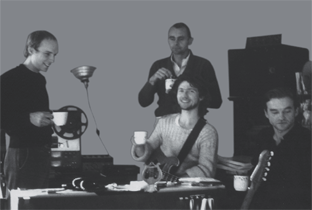
Even during his days in Roxy Music, Brian Eno professed an admiration for not just the music coming out of the German electronic movement (Can and so on) but for their collective spirit. They often lived communally and kept outside the mainstream, and (the commune thing excepted) so did he.
That they had so many musical interests in common meant it was inevitable at some point they would hook up.
Those he had the most empathy with on a musical level proved to be Hans-Joachim Roedelius and Dieter Moebius (who worked together as Cluster). Eno would record with them as Cluster and Eno (1977) and certainly their subtle influence is all over his early solo albums such as Another Green World ('75).
As much as anything, it was Cluster's gentle sonics, warmth and understatement which would find much favour with Eno who was working along similar lines.
In the early Seventies Cluster had linked up with Michael Rother of Neu! to form Harmonia and their two albums Musik von Harmonia ('74) and Deluxe ('75) -- not to mention Roedelius' solo albums and Neu! themselves -- became pivotal in Eno's world.
In '76 Eno -- looking for new collaborators after the musical withdrawal of guitarist Robert Fripp with whom he had worked -- went to Germany to look up Harmonia (who had effectively broken up but "reformed" when the Eno-opp came along). What he found must have appealed on many levels.
Harmonia with various friends and partners were living communally in large and remote farm buildings near the small town of Forst. In this relaxed and semi-rural setting Eno took care of children, shopped locally, chopped wood and of course went into the makeshift Harmonia studio.
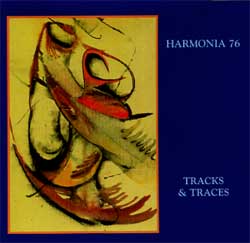 The music they recorded, which didn't appear for 20 years, often has a settled, pastoral and mediative quality. Titles include the warm opener Welcome, Atmosphere, By the Riverside, Luneberg Heath, Sometimes in Autumn, When Shade was Born . . .
The music they recorded, which didn't appear for 20 years, often has a settled, pastoral and mediative quality. Titles include the warm opener Welcome, Atmosphere, By the Riverside, Luneberg Heath, Sometimes in Autumn, When Shade was Born . . .
Pulled from the shelf at random for this on-going column, the music on the double vinyl 2009 reissue is electronic music guided into life by a human touch and has -- as David Sheppard noted in his overwritten but nonetheless interesting Eno-bio, On Some Faraway Beach -- "a wonderful suspended quality, as if infected with the dreamy, secluded and ever-so-slightly sinister atmosphere of Forst".
Anyone who has heard Eno's Music for Films, Before and After Science or Apollo, the Cluster albums of this period, or Roedelius's solo work will need no futher invitation.
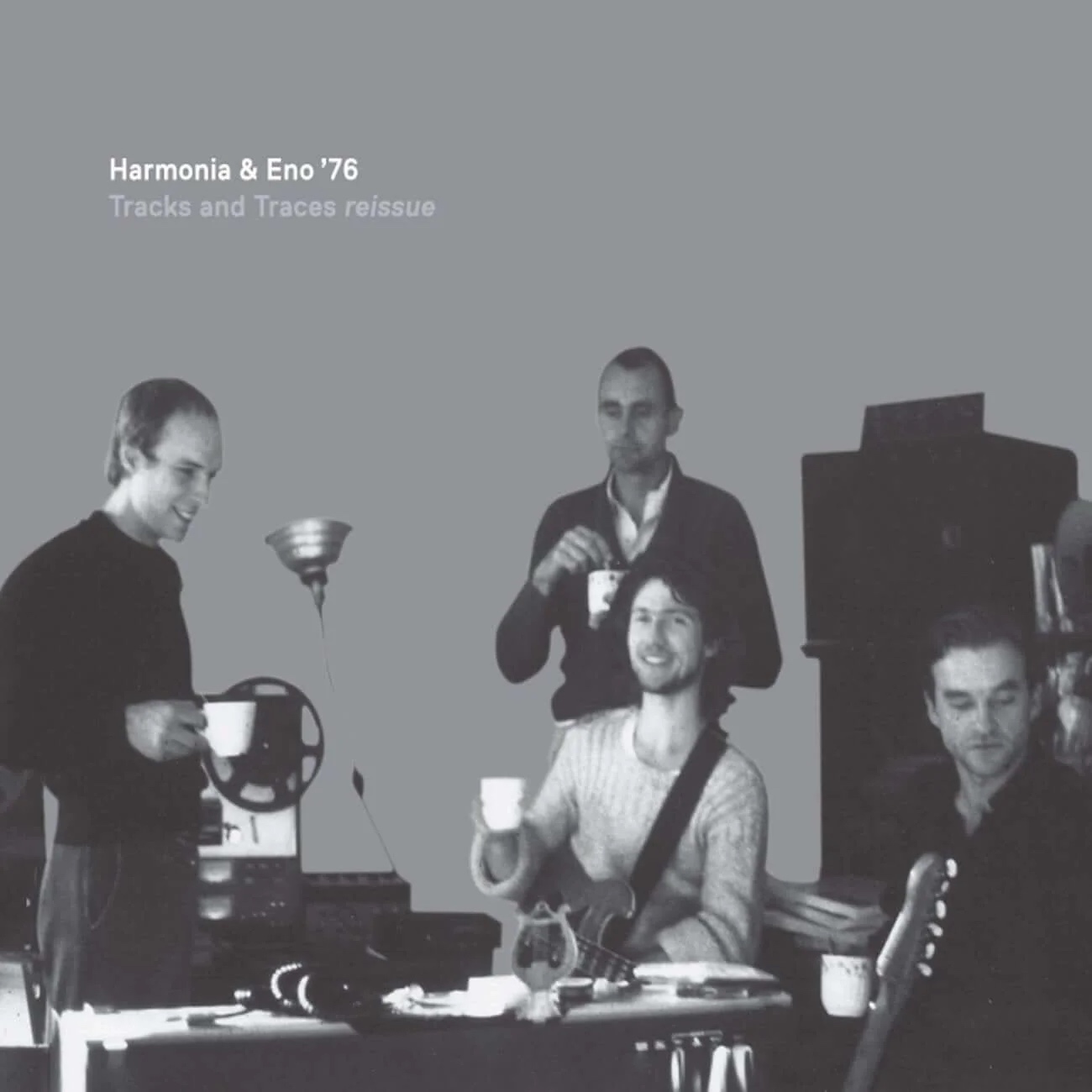 These are similarly gentle instrumentals which have largely gone unheard: this album adds three previously unreleased tracks to what appeared in '97 and for those interested in Eno's career they sound like an idyll in the country between his work with Fripp and before moving to Berlin, commuting to a suburb of Paris to work with Iggy Pop on The Idiot, and also Bowie's "Berlin Trilogy" which kicked off with the somewhat darker and more urban electronics on Low.
These are similarly gentle instrumentals which have largely gone unheard: this album adds three previously unreleased tracks to what appeared in '97 and for those interested in Eno's career they sound like an idyll in the country between his work with Fripp and before moving to Berlin, commuting to a suburb of Paris to work with Iggy Pop on The Idiot, and also Bowie's "Berlin Trilogy" which kicked off with the somewhat darker and more urban electronics on Low.
This was a fruitful period in innovative, European electronic music -- but with Tracks and Traces Reissued you can have a cup of tea and take a deep breath.
Aural wallpaper maybe, but very lovely and understated patterns without doubt.
.
You can hear this album on Spotify here.
.
Elsewhere occasionally revisits albums -- classics sometimes, but more often oddities or overlooked albums by major artists -- and you can find a number of them starting here.


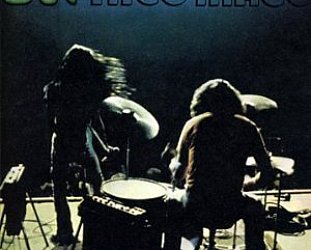

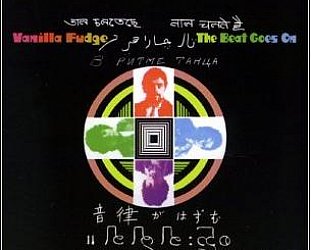
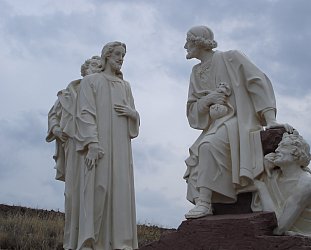

post a comment